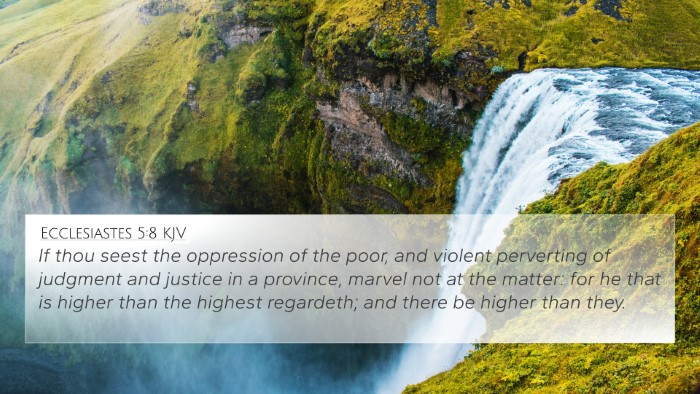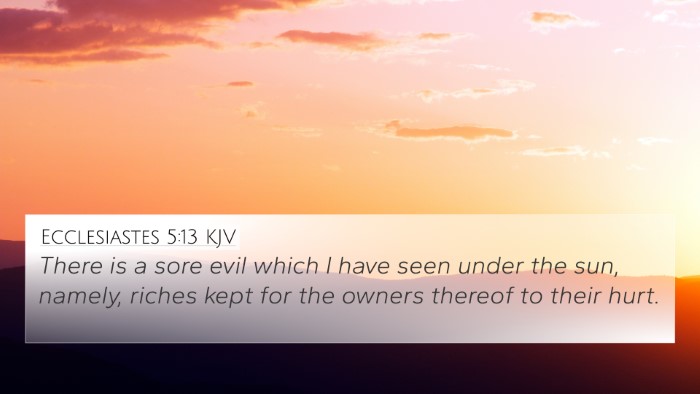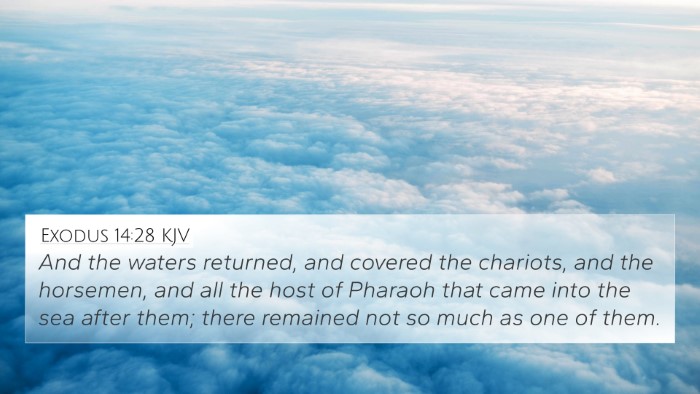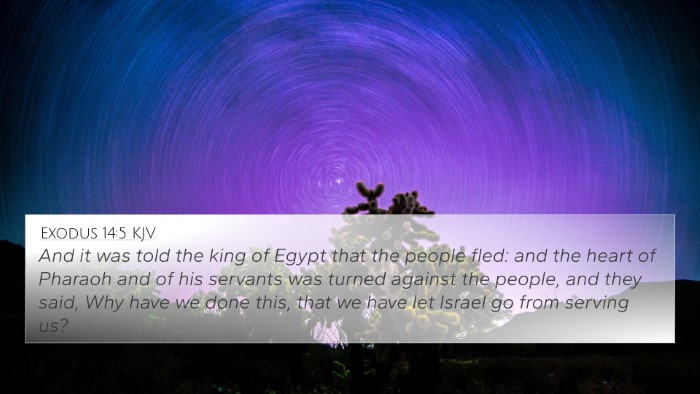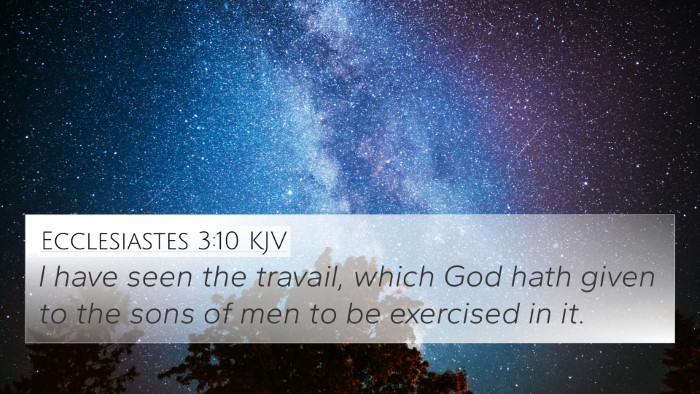Understanding Ecclesiastes 8:9
Ecclesiastes 8:9 states: “All this I observed while applying my mind to everything done under the sun. There is a time when a man lords it over others to his own hurt.” This verse reflects the complex nature of human authority and the inevitable consequences that arise from the exercise of power.
Summary of Meaning
The verse articulates the observation of the author, traditionally believed to be King Solomon, regarding human struggle with authority and governance. It highlights the inherent injustices that accompany the misuse of power and the way leaders may exploit their position. The message serves as a reminder that all actions ultimately have repercussions, often leading to personal harm.
Commentary Insights
- Matthew Henry: He emphasizes the vanity of human designs and the folly of those in power who oppress others. Henry stresses the observation that rulers often abuse their authority, leading to detrimental outcomes for both themselves and their subjects.
- Albert Barnes: Barnes notes that the verse provides a grim testament to the reality of human governance. He suggests that those in authority should exercise it wisely and benevolently, lest they invite upon themselves the very calamities they enact upon others.
- Adam Clarke: Clarke elaborates on the role of wisdom in governance. He points out that rulers often act without regard for the consequences of their actions on the populace, leading to a cycle of injustice that ultimately rebounds upon them.
Thematic Connections
Ecclesiastes 8:9 serves as a nexus point in understanding the theme of authority throughout Scripture. Below are some key Bible verses that resonate with its message:
- Proverbs 16:12: “It is an abomination for kings to commit wickedness, for a throne is established by righteousness.”
- Isaiah 10:1-2: “Woe to those who make unjust laws, to those who issue oppressive decrees…”
- Matthew 20:25-26: “Jesus called them to him and said, ‘You know that the rulers of the Gentiles lord it over them… It shall not be so among you.’”
- James 4:6: “But he gives more grace. Therefore it says, ‘God opposes the proud but gives grace to the humble.’”
- Luke 22:25: “And he said to them, ‘The kings of the Gentiles exercise lordship over them… but not so with you.’”
- Romans 13:3: “For rulers are not a terror to good conduct, but to bad. Would you have no fear of the one who is in authority?”
- 1 Peter 5:3: “Not domineering over those in your charge, but being examples to the flock.”
Practical Applications
In light of Ecclesiastes 8:9 and its accompanying commentaries, readers can derive several practical applications:
- Empowerment through Humility: The exercise of authority should be characterized by humility and service.
- Awareness of Consequences: Leaders should be cognizant of how their actions affect others and take care to govern with justice.
- Seeking Wisdom: In governance and personal leadership, wisdom is paramount to avoid the pitfalls of oppression.
- Vigilance Against Corruption: This verse serves as a warning against the corrupting nature of power, encouraging accountability in leadership.
Inter-Biblical Dialogue
This verse invites readers to explore the connections between various biblical themes relating to power dynamics. For example, the notion of servitude in leadership is echoed in various New Testament teachings where Jesus redefines greatness as servanthood. Understanding how Ecclesiastes dialogues with other scripture helps illustrate a holistic view of biblical authority:
- Jesus’ teachings in the Gospels frequently revisit themes of power and authority, contrasting worldly leadership with heavenly principles.
- The prophetic literature, such as Jeremiah and Ezekiel, frequently addresses the misuse of authority and God's expectation for just leadership.
- Paul’s epistles often call for Christian leaders to be examples in humility, paralleling the message of Ecclesiastes regarding the self-detrimental nature of prideful authority.
Tools for Bible Cross-Referencing
For readers seeking deeper understanding, several tools can facilitate a comprehensive cross-referencing approach:
- Using a Bible Concordance allows users to find related verses and understand thematic connections.
- A Bible Cross-Reference Guide can help in creating an overview of scriptural interactions across books.
- How to use Bible cross-references is essential for effective Bible study, illuminating connections between verses.
Conclusion
Ecclesiastes 8:9 serves as a profound reflection on the nature of authority, warning against the abuses of power while encouraging the reader toward wisdom and justice. Understanding this verse in harmony with other scripture enriches one’s appreciation of biblical truths regarding leadership and governance.



